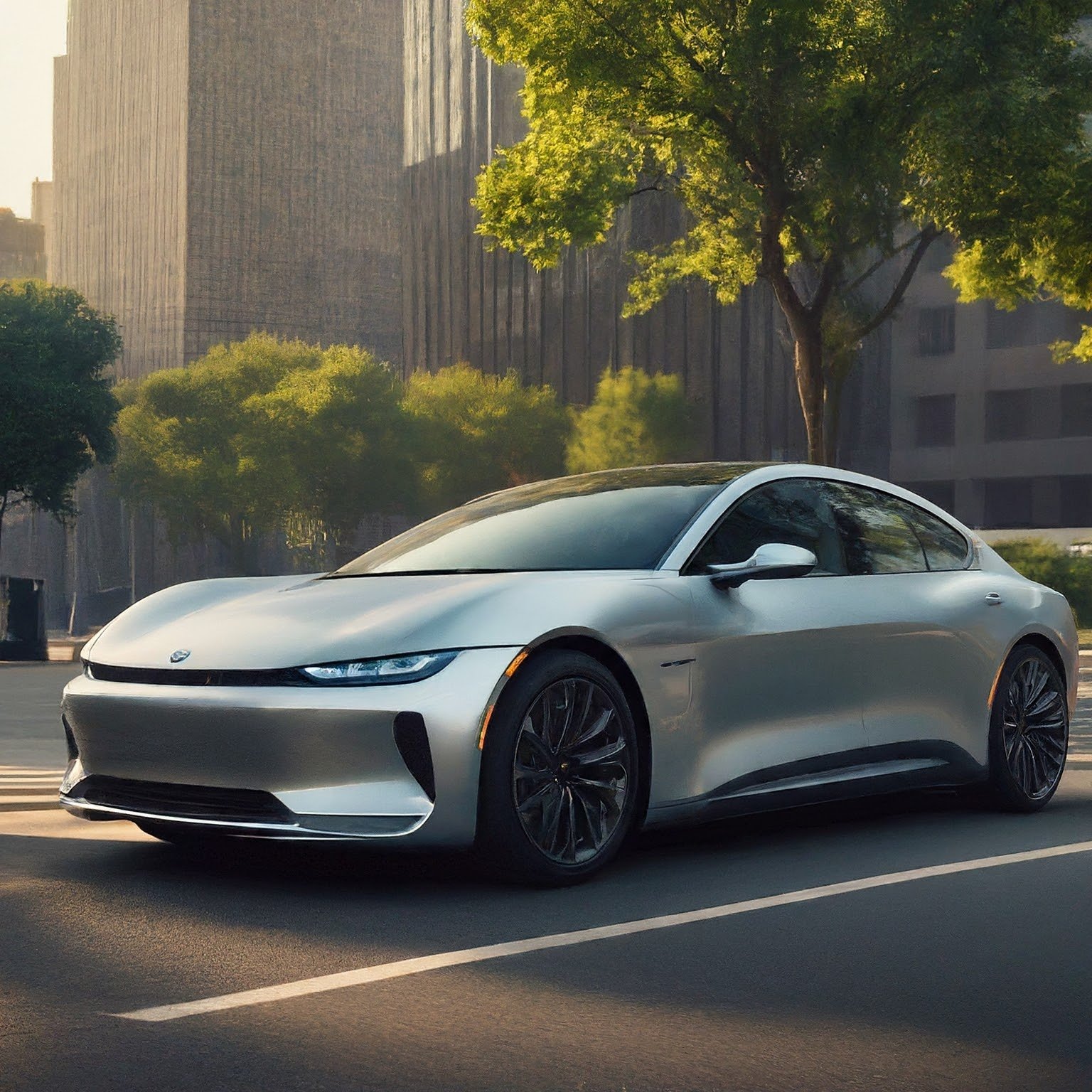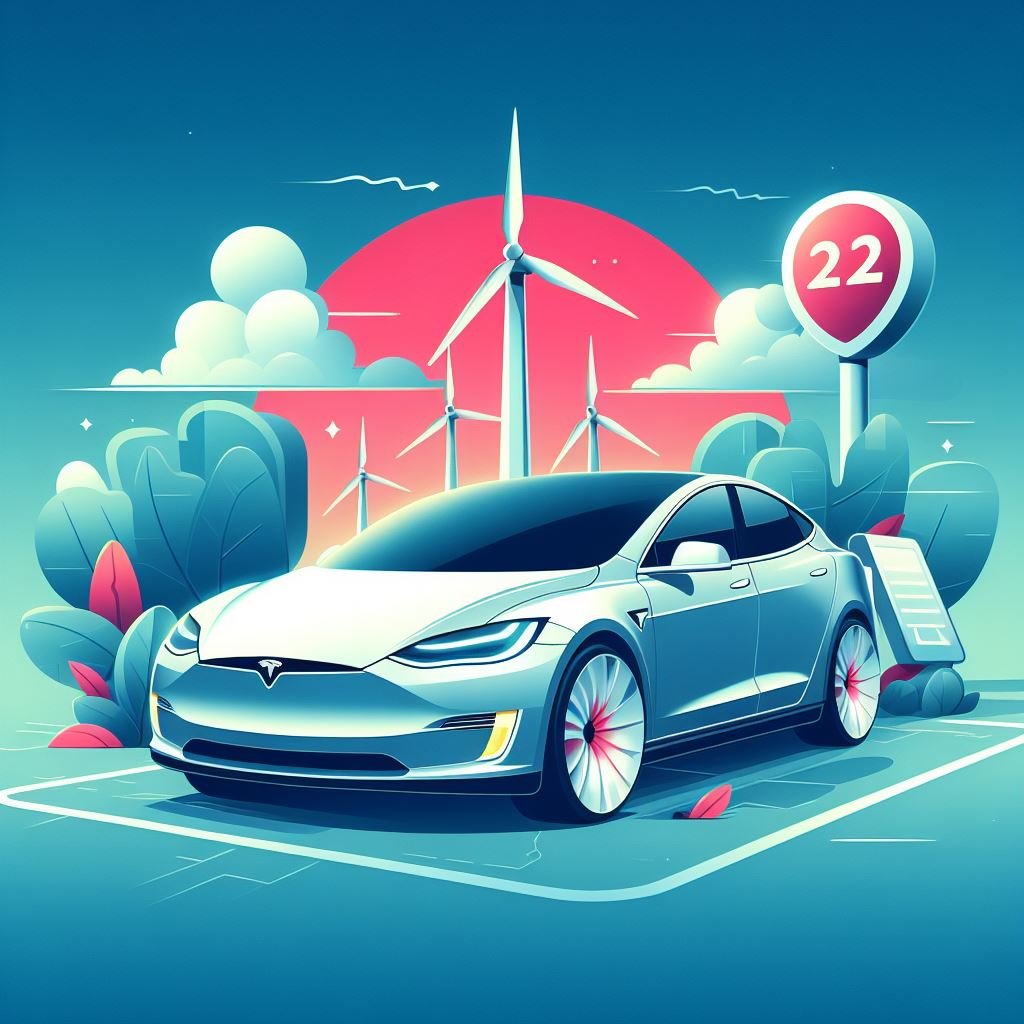In a rare move, Apple has canceled plans to release its long-rumored electric vehicle after nearly 10 years in secretive development.
The tech giant informed employees it is shutting down the project known as Titan, shifting team members to other divisions. Apple had intended its self-driving EV to rival Tesla, but faced challenges bringing the highly complex product to fruition.
Though never officially confirmed, Apple’s car ambitions were one of Silicon Valley’s worst-kept secrets. The project was code-named Titan, with test vehicles spotted on public roads for years.
But development proved exceedingly difficult, undergoing restructures, layoffs, and reboots along the way. Now, Apple is hitting the brakes entirely on its automotive vision.
This cancellation marks an unusual step for a prominent Apple initiative. The company typically doesn’t shelve such major public projects once significant resources have been invested.
But the Apple Car faced long odds. The auto industry’s high barriers to entry, coupled with Apple’s unproven automotive engineering expertise, presented steep challenges.
For Apple CEO Tim Cook, the vehicle was an important avenue to demonstrate innovative capabilities beyond the iPhone. But after nearly 10 years in the works, the project appears to have stalled out.
Apple’s Struggles to Innovate Beyond the iPhone
This failure highlights Apple’s broader struggles to expand into new product categories under Cook’s leadership. The company has introduced some successes like the Apple Watch and AirPods, now leading their markets.
But other forays like the HomePod speaker have flopped. Yes, Apple has poured billions into R&D to develop emerging technologies. But translating that into transformative new products has proven difficult.
The Apple Car was envisioned to change that narrative. Positioning Apple as an auto industry disrupter would powerfully assert its culture of innovation. However, the enormity of designing a mass-produced electric vehicle from scratch ultimately proved too great.
What Does This Mean for Apple’s Future?
This move raises questions about Apple’s ability to bring to market other secret projects like its rumored AR/VR headset. It also emphasizes the immense challenges in branching beyond one’s core expertise into complex, capital-intensive industries.
Additionally, the loss of the Apple Car removes a potential long-term revenue driver. As iPhone sales mature, Apple needs new product pillars to sustain growth. Now the path forward is cloudier.
While Apple certainly boasts the resources to explore moonshot gambles like automotive, its fortunes remain heavily tied to the iPhone for now. This canceled EV underscores Cook’s difficulties in identifying Apple’s true “next big thing” beyond its smartphone dynasty.
Does this foreshadow a company losing its mythic ability to repeatedly revolutionize markets? Or merely reflect the realities of venturing into new competitive terrain? Either way, Apple’s car discontinuation marks a disappointing turning point.
The tech legend won’t be joining the EV arms race versus Tesla, GM, and newcomers like Rivian anytime soon. Apple’s automotive ambitions have definitively run out of road after a long, secretive and ultimately unsuccessful journey.









